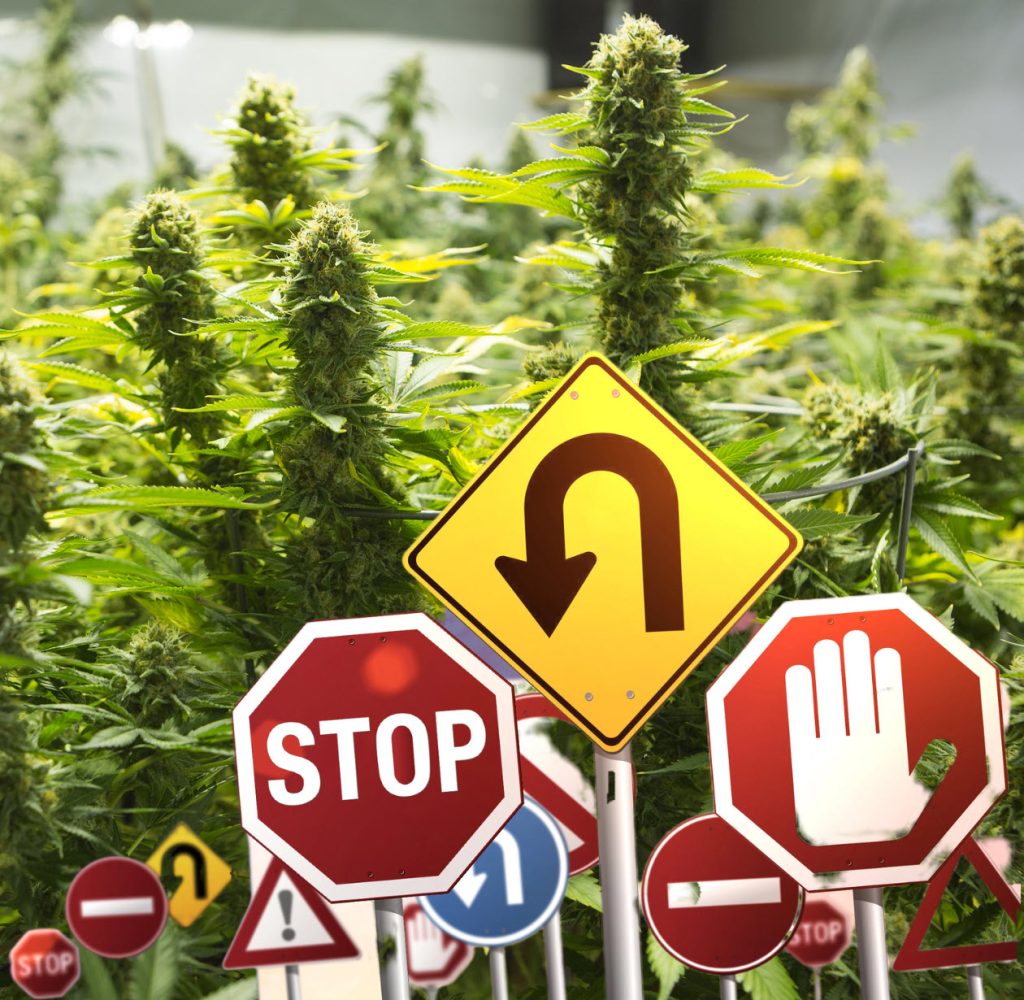
In a bold and potentially game-changing maneuver, a groundbreaking bill has been unveiled in Congress that could revolutionize the way cannabis is regulated in the United States. This new legislation, if passed, would effectively outlaw synthetic tetrahydrocannabinol (THC) across the entire nation.
The impetus for this move stems from a recent surge in the availability of unregulated hemp-derived products, many of which contain synthetic cannabinoids such as delta-9 THC. These products have become increasingly popular among consumers, particularly in the hipster community, but have raised serious concerns among lawmakers and health officials.
The proposed bill, which has been met with both praise and criticism, aims to crack down on the production and distribution of these potentially dangerous substances. Supporters argue that synthetic THC can have unpredictable and harmful effects on the body, and that stricter regulations are necessary to protect public health.
However, opponents of the bill argue that banning synthetic THC could have unintended consequences, such as driving consumers to the black market or pushing them towards more potent and potentially more dangerous substances. They also point out that the use of synthetic cannabinoids is already prohibited in many states, and that federal intervention may not be necessary.
Regardless of where one stands on the issue, it is clear that this bill has the potential to shake up the cannabis industry and reshape the landscape of regulation in the United States. As the debate rages on, one thing is certain: the outcome of this legislation could have far-reaching implications for the future of cannabis in America.
Only time will tell how this bold move will play out, but one thing is for sure: the cannabis community will be watching closely as this bill makes its way through Congress. Will synthetic THC be banned nationwide, or will the industry find a way to adapt and evolve? Stay tuned as this story continues to unfold.









